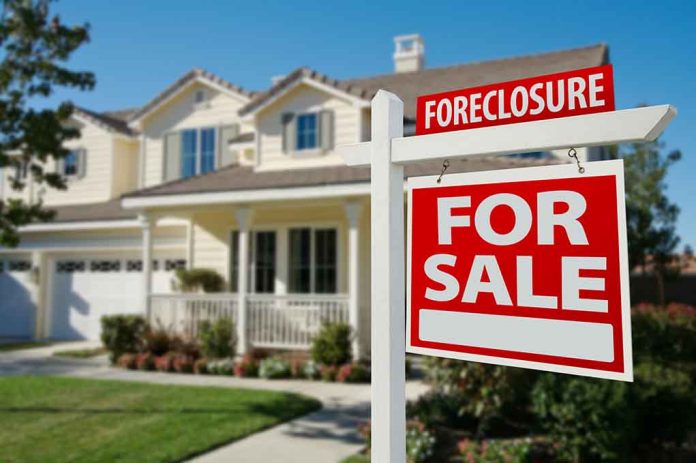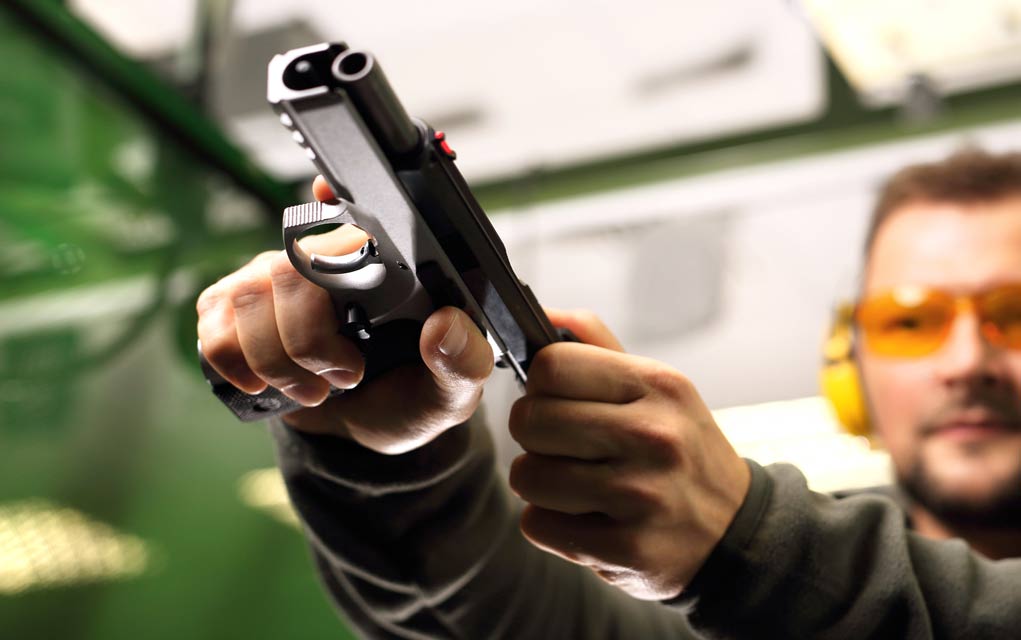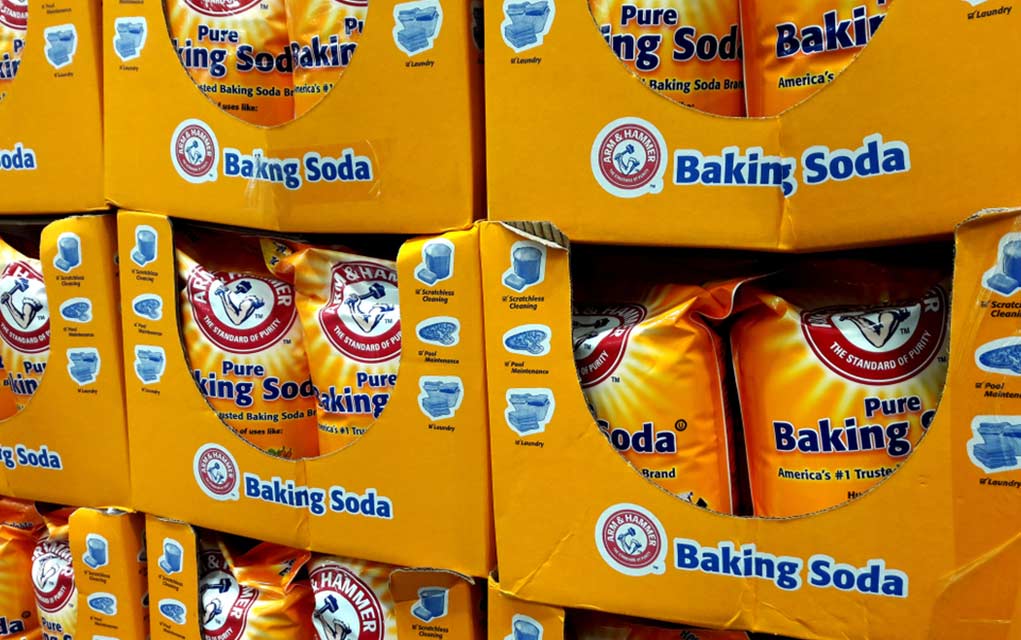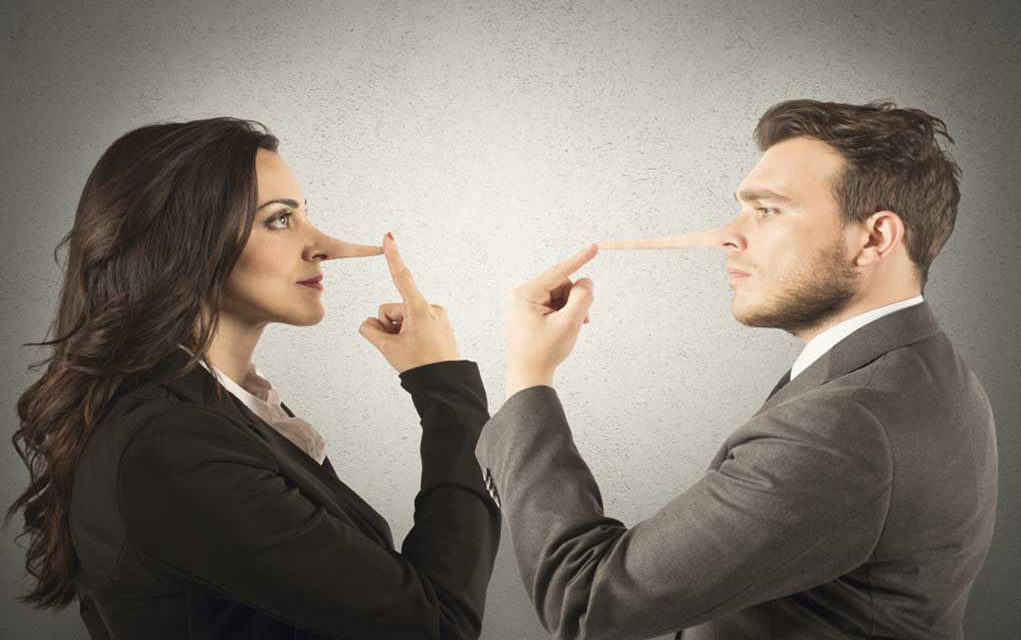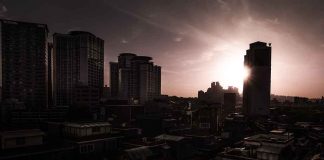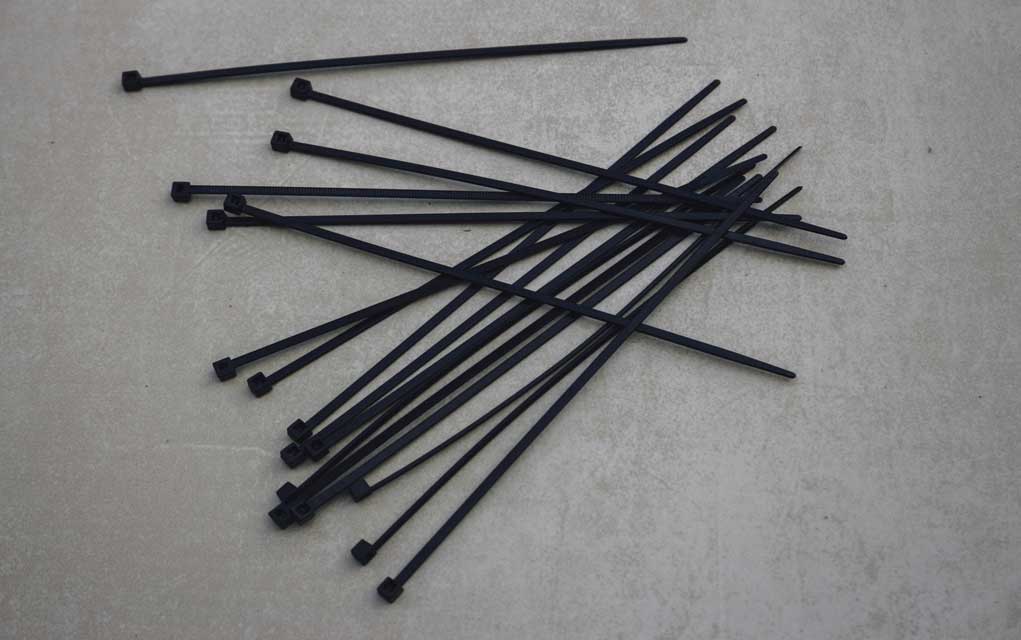(ModernSurvival.org) – Purchasing a foreclosed house is a fantastic way to become a homeowner and save money in the process. However, foreclosed homes come with risks the buyer should be aware of before signing on the dotted line.
Banks often list foreclosed homes below the market price to sell them as quickly as possible. The catch is that these properties come “as is,” leaving the buyer responsible for any problems that arise.
What are Foreclosed Homes?
State regulations list foreclosed homes under various status situations, but generally, a bank will foreclose on a property after a buyer fails to make payments for an allotted period (often three to six months). Each state handles the process differently. In some cases, a judge will be required.
Here are some possible scenarios for why a home is listed as foreclosed:
- The home was put up for auction, and a bank purchased it
- The homeowner signed over possession of the property to the bank
- A state or local taxing district has seized the home over a failure to pay taxes
- The homeowner made an agreement with the bank to sell the house, using the proceeds to pay toward the mortgage principal
Potential Risks of Buying a Foreclosed Home
Unfortunately, buying a foreclosed home comes with increased risk. For starters, pre-existing taxes could still be owed on the house. The buyer often inherits this expense unless an agreement is made with the bank. While finding out you owe taxes on your new home is an unpleasant surprise, the two most significant risks associated with purchasing a foreclosed home are potentially far worse.
Intentional Damage
An angry homeowner facing the loss of their house often takes out their frustrations on the property. Knocking holes in the walls, destroying the surrounding landscape, and pouring harsh chemicals down the drains or on the floors are common issues requiring costly repairs. The chances of not learning of these damages are higher when purchasing a foreclosed home at an auction when you cannot inspect the property in advance.
Neglect
Chances are that if the previous homeowner couldn’t afford their house payments, they likely didn’t have the funds to maintain the home either. A lack of maintenance on the property could lead to various problems, such as leaky pipes, which in turn cause damage that may be hard to detect. Water leaks damage the substructure and can drive the growth of mold in the walls.
Additionally, an empty home exposed to extreme temperatures or weather can suffer damage from not being appropriately protected by a homeowner.
How to Avoid Hidden Costs From a Foreclosed Home
The most effective way to avoid getting stuck with a massive, unexpected bill after purchasing a foreclosed home is to have the property inspected by a professional. The cost associated with a professional inspection range from $300-400 but could prevent thousands of dollars worth of unforeseen repairs.
The inspection will determine if the home has damage to its plumbing, electrical, and heating/cooling systems. It will also assess the state of the roof and foundation of the house. The bank will not be responsible for any repairs, but the buyer will better understand future costs when making an offer on the property.
Pulling up a tax record should determine if any back taxes are owed on the foreclosed home. A title search company can help you with this.
If the foreclosed property is up for auction and cannot be inspected before purchase, walk around the home, if possible, to look for obvious signs of distress. This includes peeking in windows and examining other houses in the neighborhood to see what condition nearby homes are in. Consulting with a real estate agent is also a good idea, as they can locate comparable properties to determine the home’s potential worth once fully repaired.
Copyright 2023, ModernSurvival.org
